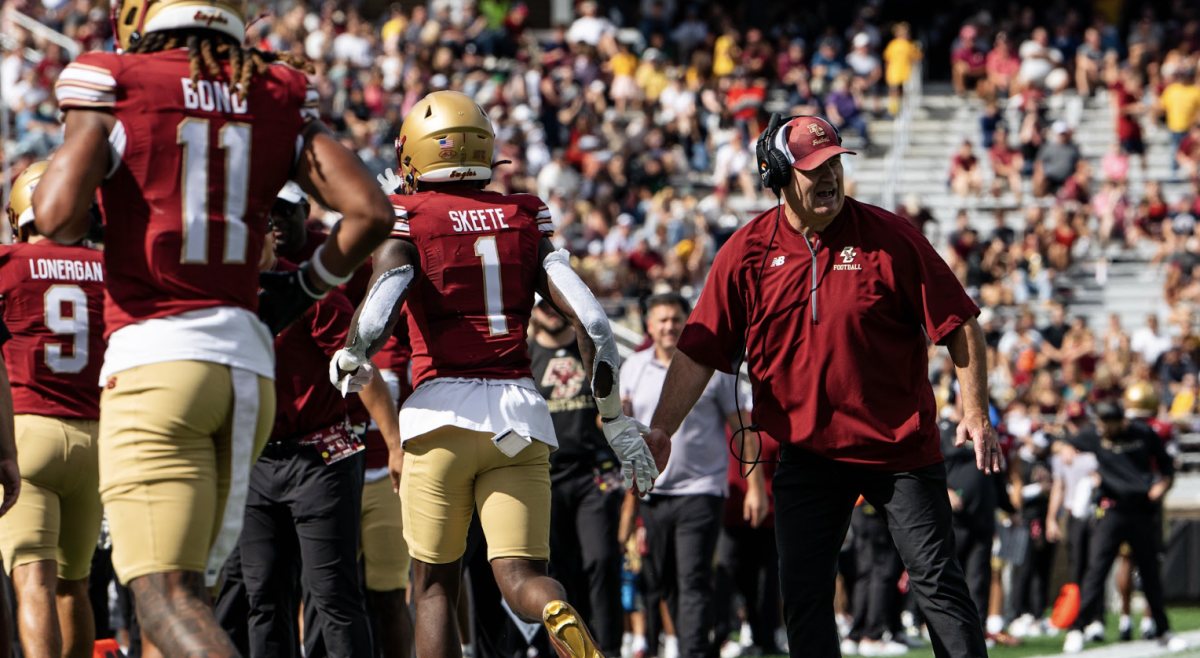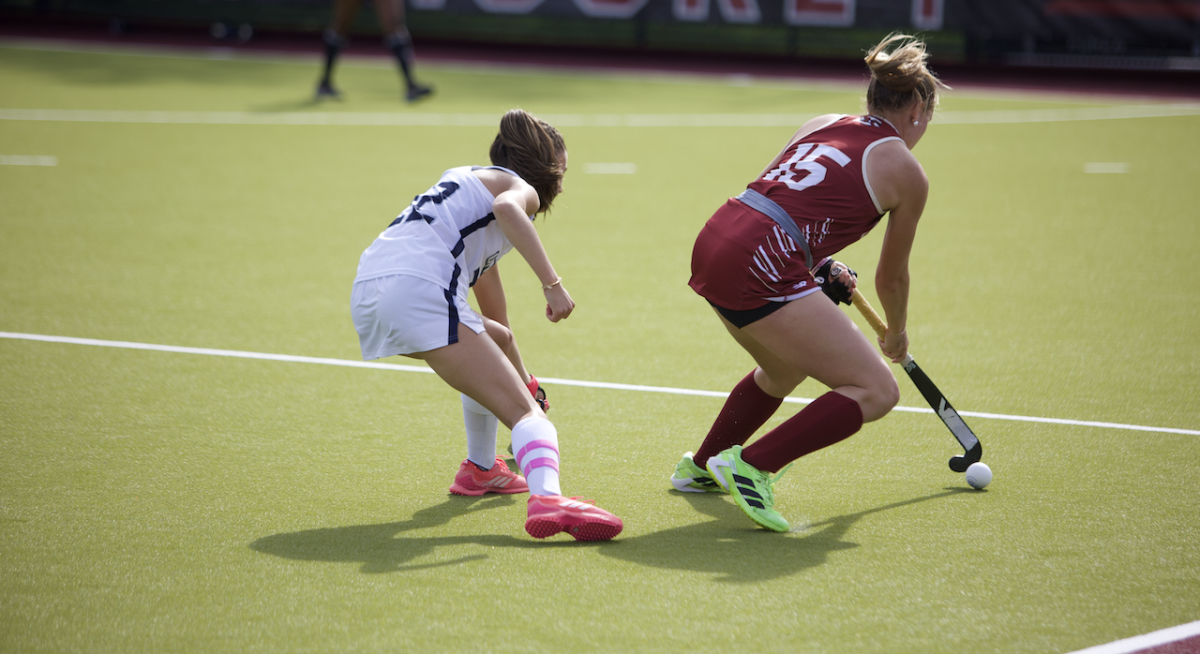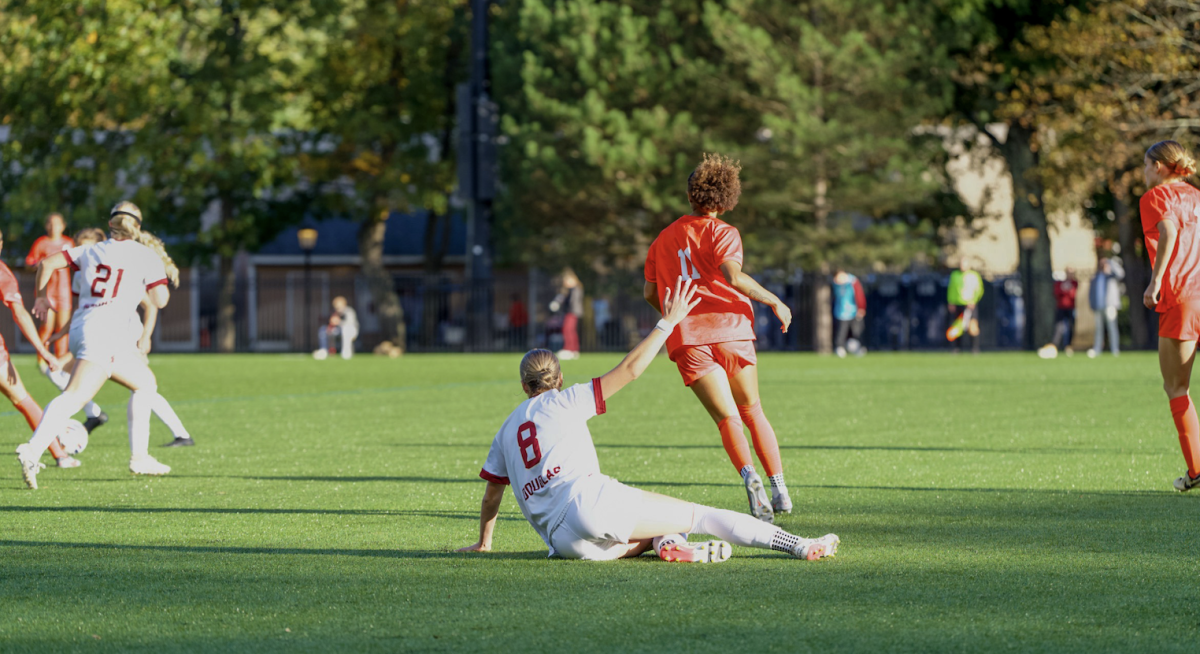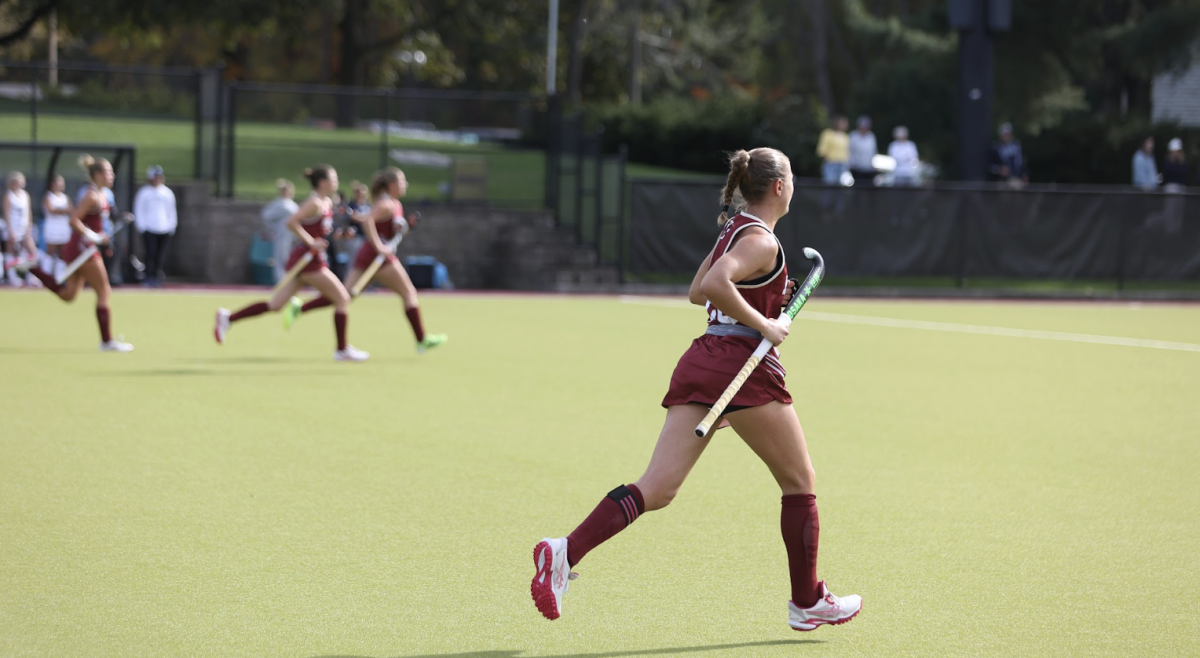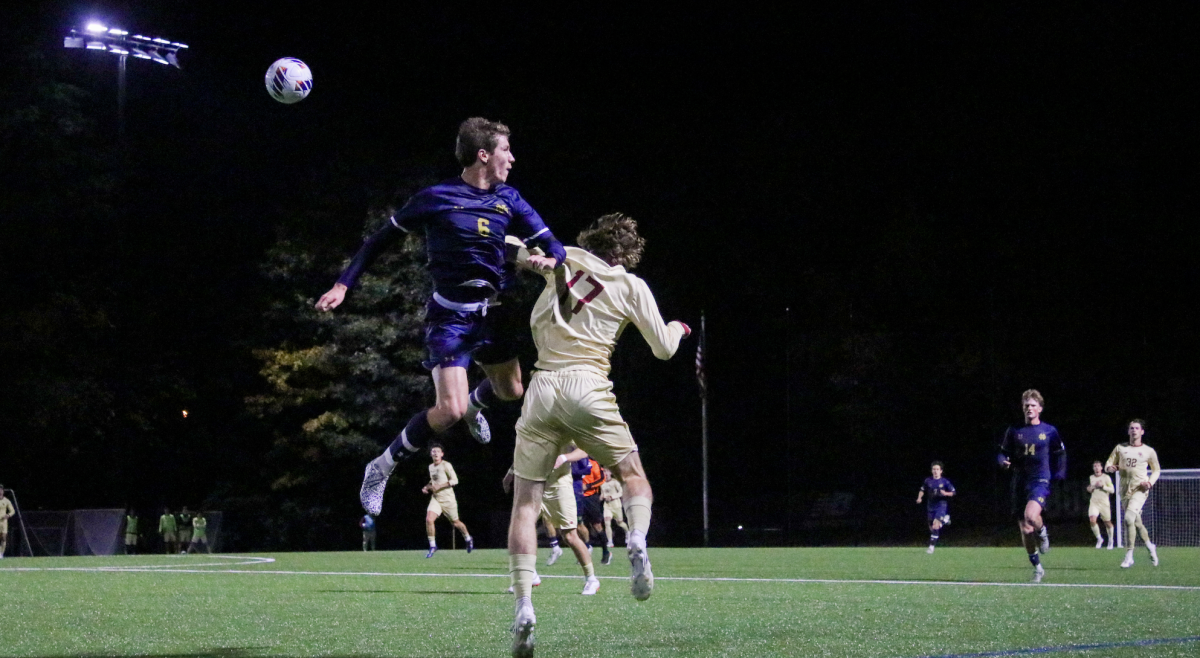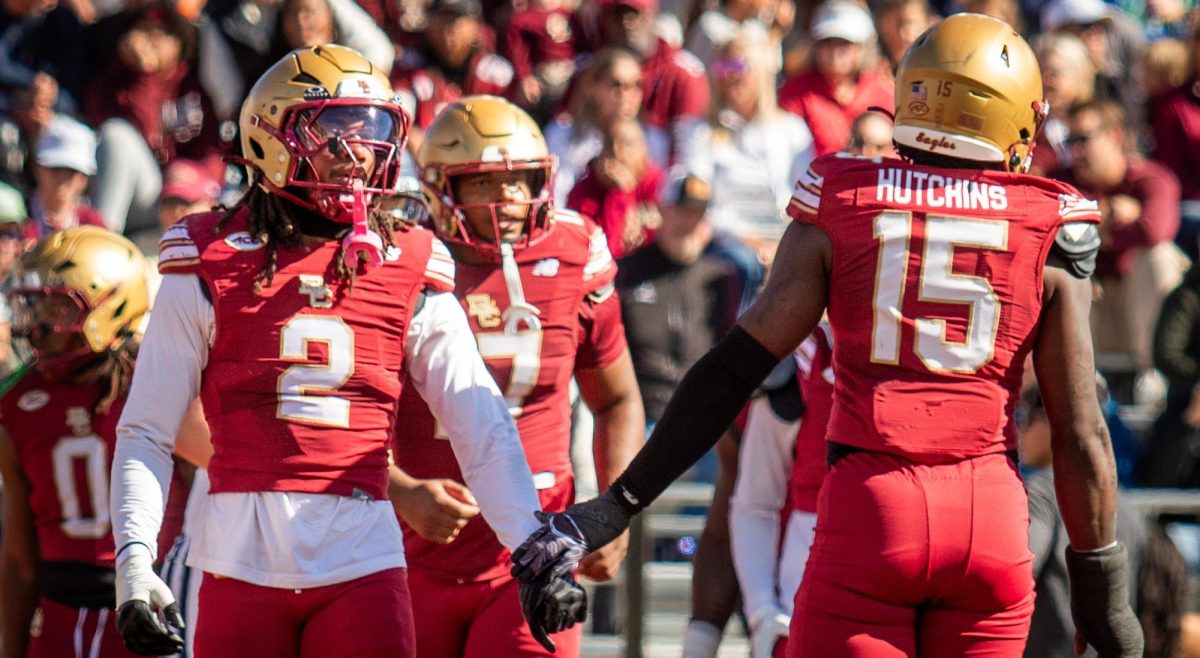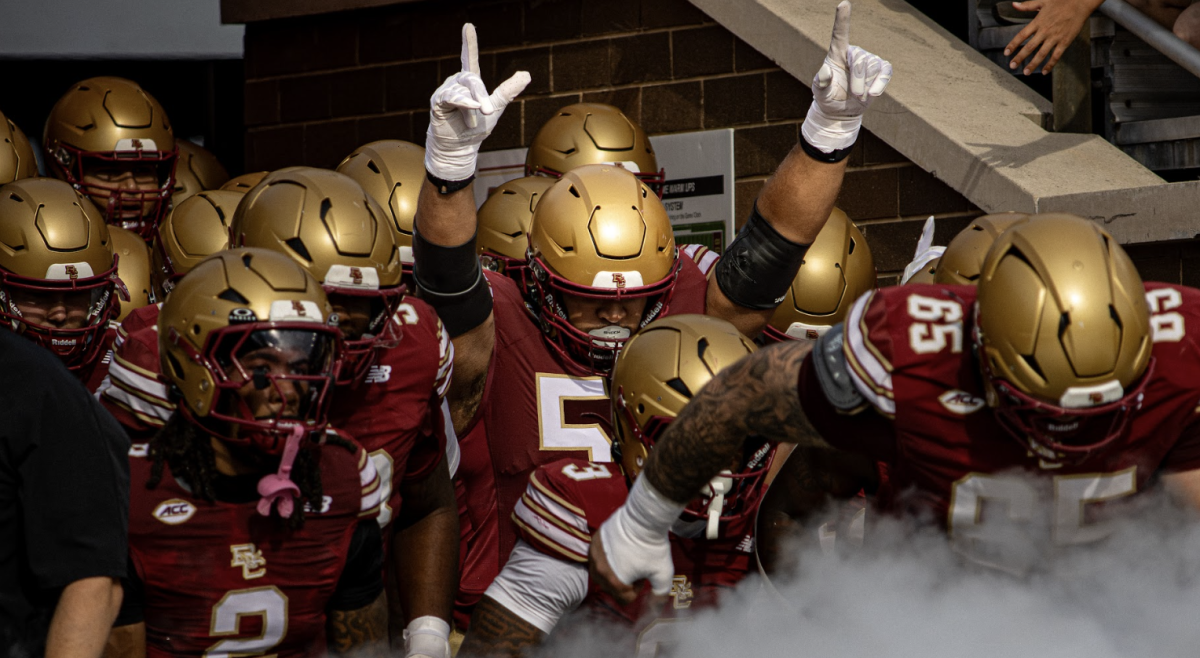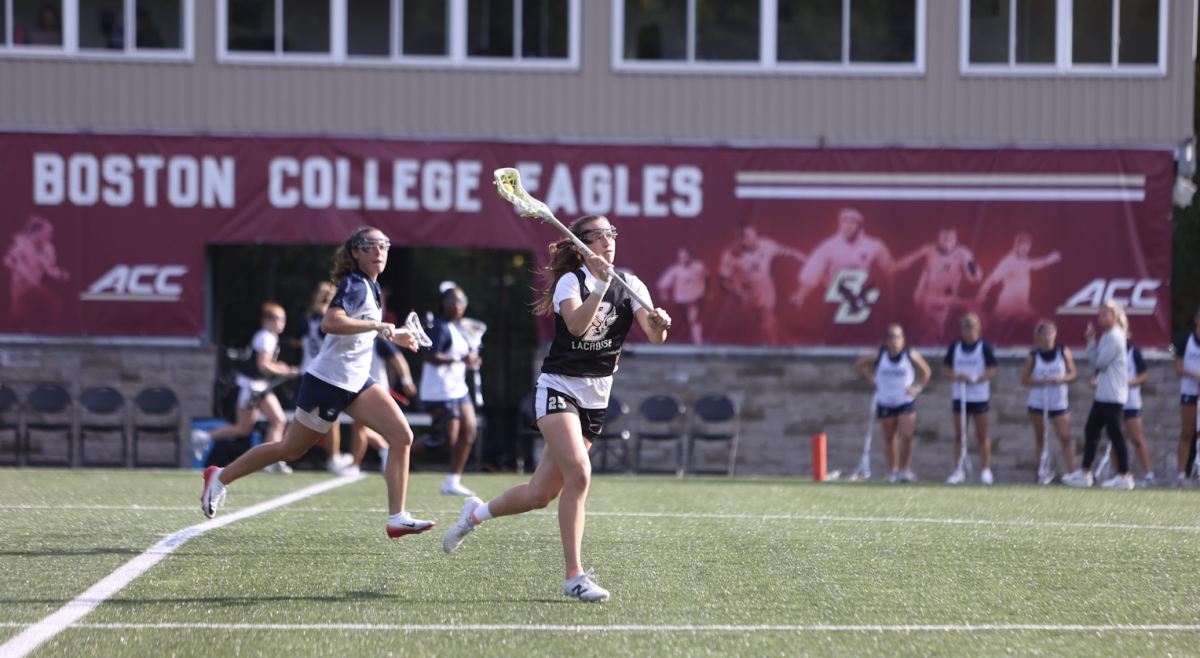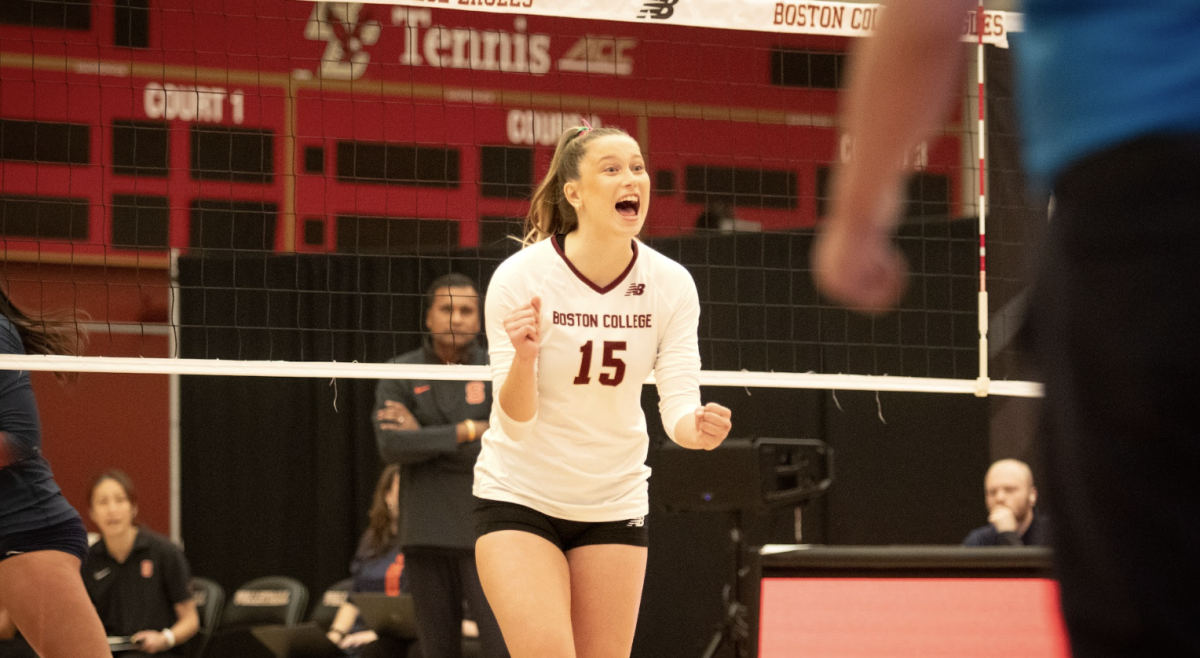The Atlantic Coast Conference has released an updated plan detailing safety guidelines and schedules for the upcoming fall seasons. The updated 2020 schedule has ACC football teams playing 11 games over the course of 13 weeks, allowing for two “open dates” for each team. Ten of these games will be against conference opponents.
The changes will cause a major adjustment to BC football’s pre-existing schedule, as the Eagles were slated to play eight ACC opponents and four non-conference teams this upcoming season.
The Eagles will host Georgia Tech, Pitt, North Carolina, Notre Dame, and Louisville and travel to play Clemson, Syracuse, Virginia Tech, Duke, and Virginia, according to a press release published Wednesday. The dates and times for each of these games, as well as the opponent and specifics for the non-conference game, will be announced at a later date.
This plan also includes Notre Dame in the conference, making it eligible for the ACC Championship in December. The addition of Notre Dame to the ACC allows for a competition against the Eagles when they were originally not scheduled to meet
ACC football will begin its regular season during the week of Sept. 7 and competitions for fall Olympic sports will begin no earlier than Sept. 10, after the conference initially postponed them to Sept. 1. While this is the current plan for the fall, the ACC board of directors acknowledges that they must be flexible in the coming weeks to comply with public health and safety regulations as they change.
As for the fall Olympic sports, team sports will have limited schedules, meeting the NCAA minimum amount of games for each sport. Cross country meets will be scheduled at the schools’ discretion.
The plan states that schools are allowed to schedule non-conference games outside of the conference schedule so long as they continue to meet the ACC medical guidelines. It also establishes the championship dates and locations for each of the Olympic sports, each taking place in late October to early November.
The plan also lists guidelines for fall competition for winter and spring Olympic sports. Swimming and diving, indoor and outdoor track and field, and fencing can begin competition no sooner than Sept. 10—similar to fall Olympic sports—while competition for spring Olympic sports such as lacrosse, baseball, and tennis have been canceled.
But while competition will be restricted, each of these teams will be allowed to practice at the team’s discretion.
“As we look ahead to the fall, the safety of our students, staff and overall campus community continues to be our top priority,” said Kent Syverud, Chancellor of Syracuse University and the Chair of the ACC Board of Directors in the ACC’s press release. “As a league, we understand the need to stay flexible and be prepared to adjust as medical information evolves in conjunction with local and state health guidelines.”
Included in the announcement of the updated plan is a report from the ACC Medical Advisory Group, a collective of medical professionals from each of the institutions within the conference. These professionals include infectious disease experts, public health experts, team physicians, and athletic health care administrators, among others.
The advisory group has been meeting weekly since May 14 to determine the best course of action to keep student-athletes safe while continuing to play. The group’s two stated goals in establishing protocol for the league are the protecting teams from COVID-19 and the mental health of the student-athletes. The group called on the various institutions to also take these factors into consideration when enacting individual plans of action.
The group’s report established minimum standards for practice and play throughout the conference, effective Aug. 1. These standards include minimum testing requirements for players and personnel who are in close proximity to team members, methods for reporting positive test results, and protocols for sanitizing team, coach, and official areas.
Testing requirements will vary from sport to sport—with team sports such as football, volleyball, soccer and basketball falling under the high-risk category and individual sports such as golf, tennis and fencing considered low risk.
The high-risk Olympic sports will be required to test weekly to comply with the ACC guidelines, with medium-risk Olympic sports testing every other week. Low-risk Olympic sports will not be required to test regularly.
While football is also required to test its players and personnel weekly, these tests must be administered within three calendar days of scheduled games. In addition to requiring ACC colleges to comply with these guidelines, non-conference teams that compete against ACC teams must also meet the ACC’s standards.
“We continue to work closely with campus leaders, the Atlantic Coast Conference, and local, state, and federal public health authorities, in determining our plans to provide the safest environment possible inside Alumni Stadium for our student-athletes, coaches, staff and fans,” said BC Director of Athletics Pat Kraft in a press release. “We will continue to engage with all parties as we move closer to the season, as safety is the top priority. We will communicate with our ticket holders and fans as soon as we have updates.”


